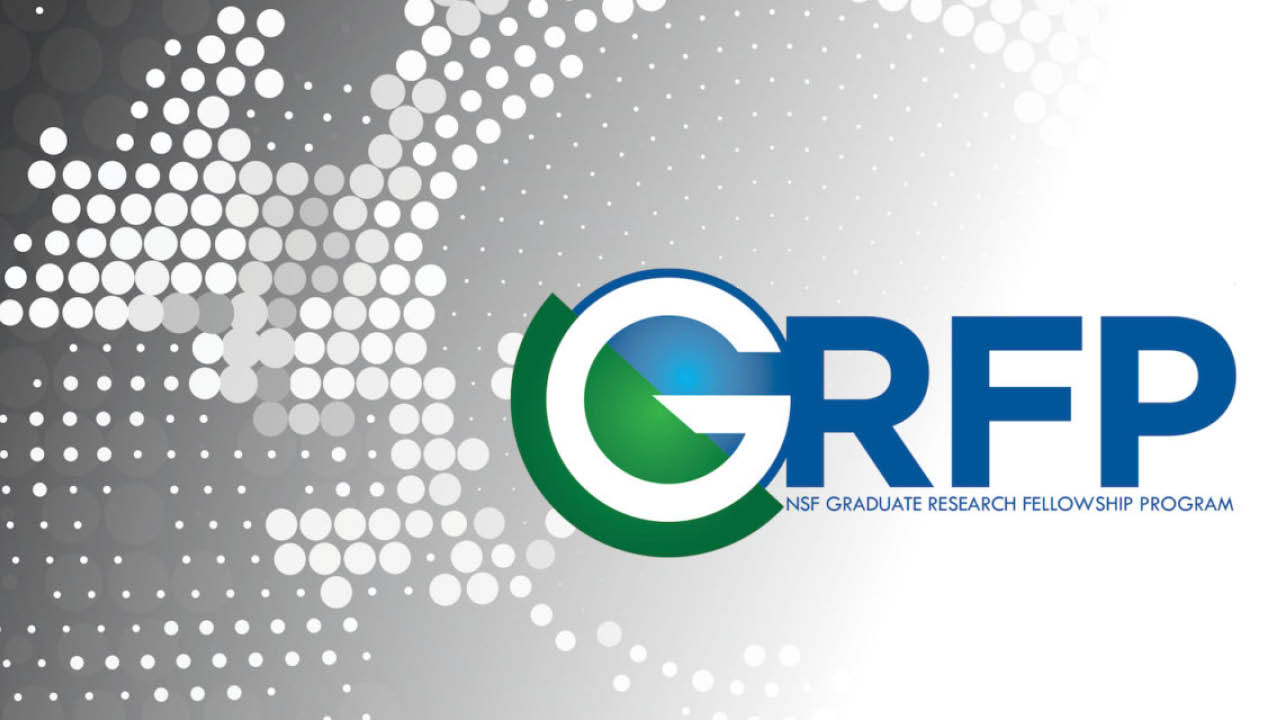
May 06, 2022 - Atlanta, GA
More than 12,000 candidates apply to the highly competitive National Science Foundation Graduate Research Fellowship program every year, but only about 2,000 individuals are awarded a fellowship. This year, 49 Georgia Tech graduate students received the prestigious fellowship.
In addition, 39 Tech alumni who are now studying at other institutions were awarded a fellowship, and two current Georgia Tech students received an honorable mention. Between 2015 and 2021, 233 Georgia Tech graduate students received the NSF Graduate Research Fellowship, ranking Tech among top recipient institutions nationwide.
“We are very proud of our current fellows and welcome the new class of fellows,” said Bonnie Ferri, vice provost Graduate Education and Faculty Development. “We are very honored that they selected Georgia Tech for their graduate education.”
The Graduate Research Fellowship recognizes and supports outstanding graduate students in NSF-supported STEM disciplines who are pursuing research-based master’s and doctoral degrees. The five-year fellowship includes three years of financial support including an annual stipend of $34,000 and a cost of education allowance of $12,000 to the institution.
Individuals from more than 500 academic institutions apply to the program. This year, a total of 2,193 applicants were offered an award.
Introducing Tech’s 51 graduate student awardees and honorees for the 2022 NSF Graduate Research Fellowship:
Chemistry
- McKinley Paul, macromolecular, supramolecular, and nanochemistry
Computing/Interdisciplinary/Engineering
- Amanda Hsu, computer security and privacy
- Joanne Kim, robotics and computer vision
- Sachin Konan, artificial intelligence
- Scott Mayberry, robotics and computer vision
- Fiona Ryan, robotics and computer vision
- Sruthi Sudhakar, robotics and computer vision
- Maxwell Xu, artificial intelligence
Engineering
- Raghav Acharya, chemical engineering
- Erik Barbosa, mechanical engineering
- Zachary Beller, mechanical engineering
- Isabella Bowland, bioengineering
- Yana Charoenboonvivat, aeronautical and aerospace engineering
- Sarah Chen, mechanical engineering
- Anna Cobb, industrial engineering and operations research
- Anjana Dissanayaka, biomedical engineering
- Austin Fan, chemical engineering
- Mary Gale, biomedical engineering
- Shaylyn Grier, biomedical engineering
- Matthew Guess, mechanical engineering
- Alexander Heiler, chemical engineering
- Hana Herndon, civil engineering
- Kendreze Holland, bioengineering
- Shelbe Johnson, bioengineering
- Valeria Juarez, biomedical engineering
- Anna Kaehr, chemical engineering
- Calib Lanier, chemical engineering
- Kristian Lockyear, mechanical engineering
- Meghan Meredith, industrial engineering and operations research
- Nia Myrie, biomedical engineering
- Zachary Olkin, aeronautical and aerospace engineering
- David Ramsey, aeroanautical and aerospace engineering
- Jamie Salinger, chemical engineering
- Shanmurugan Selvamurugan, aeronautical and aerospace engineering
- Erin Shappell, bioengineering
- Samuel Talkington, electrical and electronic engineering
- Hogan Welch, mechanical engineering
- Amanda West, electrical and electronic engineering
- Anonto Zaman, aeronautical and aerospace engineering
- Corey Zheng, biomedical engineering
Geosciences
- Claire Elbon, biogeochemistry
- Madeleine Hardt, paleoclimate
- Emily Hughes, planetary geology
Life Sciences
- Tucker Lancaster, computationally intensive research
Materials Research
- Matthew Kuner, computationally intensive research
- Thomas Marchese, metallic materials
- Aubrey Toland, computationally intensive research
Physics and Astronomy
- Harry Tuazon, physics of living systems
Social Sciences
- Matthew Lawson, public policy
Honorable Mentions
- Mi Do, life sciences and biophysics
- Tatiana Gibson, geomorphology